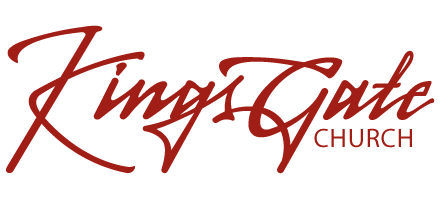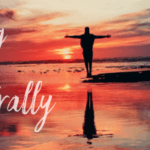Please grab a Bible and flip (or swipe) it open to Revelation, chapter 1. If you know me, you’ll know that this is one of my favourite books in the Bible. It is so encouraging! Yes, I actually mean that. This book is the last word in scripture. Famous last words! We would do well to listen and obey.
The verses I am looking at are 9-10. However, to put yourself in the frame, read from verse 1.
“…I, John, your brother and companion in the suffering and kingdom and patient endurance that are ours in Jesus, was on the island of Patmos because of the word of God and the testimony of Jesus. On the Lord’s Day I was in the Spirit,…”
John is well known to many as the author of the gospel that bears his name. One of the things that strikes you about his gospel is the emphasis on intimacy with God. This is the same John who famously leaned up against Jesus at the last supper, evidently one of his closest and trusted friends.
He is exiled on the prison island of Patmos for his faith. He is cut off from the people and places he loves. His letters are more than likely censored. This highly capable, loved and experienced apostle of Jesus has been separated out and rendered ineffective “…because of the Word of God and the testimony of Jesus…”. It’s not fair.
“Patmos” represents a place of restriction and containment. “Patmos” represents being under the control of another: another relational strain; another diagnoses; another unpaid debt; another drifting child or cooling marriage; another failed venture; another “no”; another impossibly high mountain to climb. Stuck! Patmos speaks of personal powerlessness – I can do nothing.
Or does it?
“…On the Lord’s Day, I was in the Spirit…”.
He may have been worshiping or praying or both. Does it really matter? He was communing with God. Engaging with Him. Devoting his attention to the One who he knew so intimately. John, exiled and restrained, was participating in history from a place of prayer.
In prayer we are able to transcend any circumstance or imposed limitation set for us. Circumstances may close us in and we feel we can contribute nothing. We feel we are stuck, on an island surrounded by a sea. Going nowhere. Changing nothing. Prayer lifts us into a place of power and engagement with history. Until we get to a point when we realise that in so many ways we have no power, we will never really engage meaningfully in the power of prayer.
“…Patmos…” may speak of personal powerlessness – I can do nothing. But “…In the Spirit…” speaks of participating in God’s power – God can do anything.




